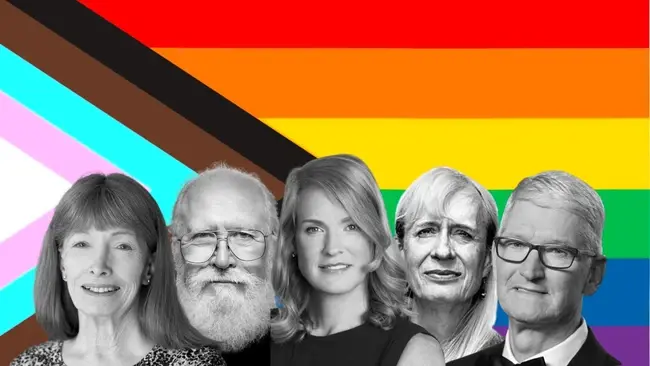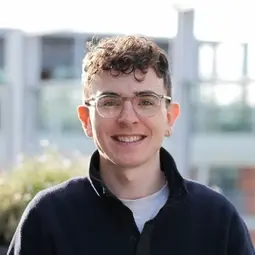Despite being one of the most innovative and forward-thinking industries in the world, the tech sector is not exactly renowned for its diversity. For years, the “tech bro” culture that began in Silicon Valley has run rampant across the space, making it difficult for minority groups to enter and remain in the industry.
A recent survey by the Institution of Engineering and Technology discovered that a third of people avoid careers in the industry due to the fear of homophobia and outdated attitudes in the workplace.
Their fear comes as no surprise. Over half of gay tech workers report hearing jokes about gay people at least once in the workplace, with 1 in 5 being told or implied to dress more masculine or feminine. This has created a hostile environment for LGBTQ+ tech employees, leaving many of them to search for a career in different industries.

A number of diversity initiatives aimed at LGBTQ+-identifying individuals within the tech sector are trying to change this. Groups like Out in Tech, StartOut, and Who Tech have worked to improve office culture for gay people and make resources more readily accessible to the global LGBTQ+ community.
At the forefront of these initiatives are a number of influential and powerful figures in tech who identify as LGBTQ+. While some of these figures prefer to keep their identity private, many have harnessed their influence within the space to speak out about the notable absence of LGBTQ+ people in the tech community.
To celebrate LGBTQ+ History Month, we’ve compiled a list of the most influential people in tech identifying as a member of the LGBTQ+ community.




Comments ( 0 )